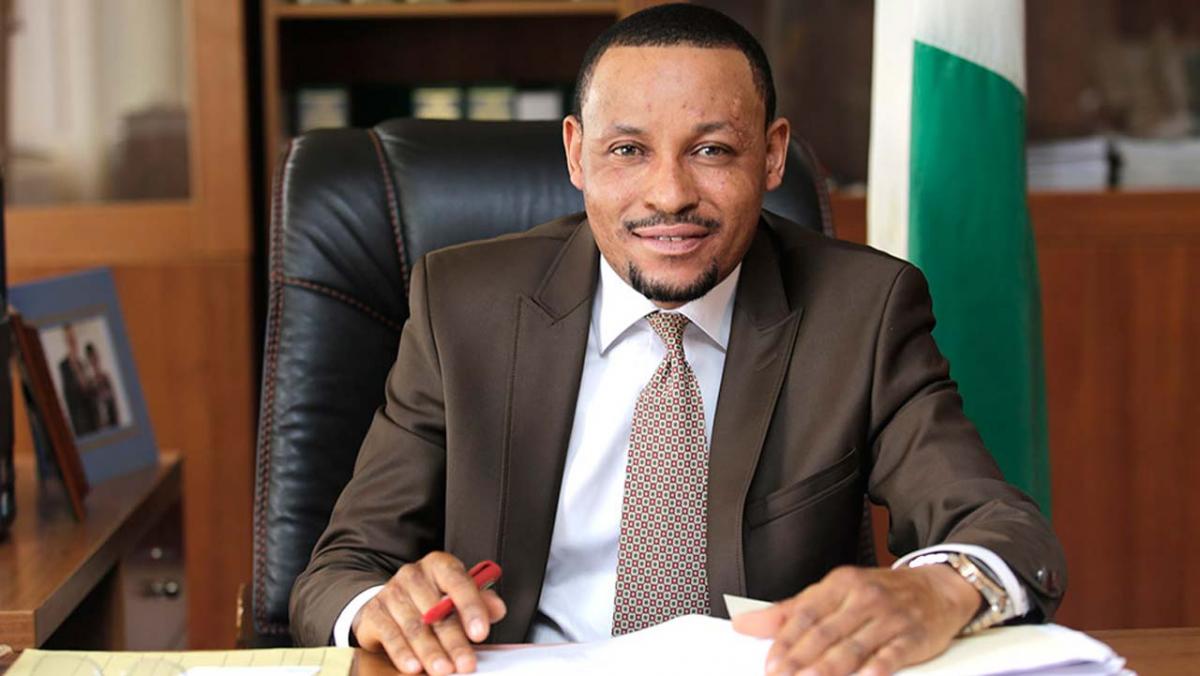There are no products in your shopping cart.
| 0 Items | £0.00 |

 CODE of Conduct Tribunal (CCT) chairman Justice Danladi Umar has shunned an invitation to appear before the National Judicial Council (NJC) saying he is not a judicial officer but a presidential appointee so is only answerable to President Muhammadu Buhari.
CODE of Conduct Tribunal (CCT) chairman Justice Danladi Umar has shunned an invitation to appear before the National Judicial Council (NJC) saying he is not a judicial officer but a presidential appointee so is only answerable to President Muhammadu Buhari.
With Nigeria's ongoing judicial crisis involving President Muhammadu Buhari suspending the chief judge of Nigeria Justice Walter Onnoghen and replacing him with Justice Tanko Mohammed, the bar and bench have been in a state of turmoil. In a bid to resolve the crisis, the NJC has asked both Justices Onnoghen and Mohammed to answer queries on their conduct in the matter.
In addition, the NJC also wrote to Justice Umar, asking him to explain his role in the crisis as the CCVT was used by the executive to undermine the judiciary. In response, however, Justice Umar has responded saying he is not a judicial officer and is therefore not answerable to any institution but the presidency.
Justice Umar has rejected the authority of the NJC and the Federal Judicial Service Commission (FJSC) to question his conduct. Speaking while responding to a petition against him by an organisation known as the Incorporated Trustees of the Centre for Justice and Peace Initiative, Justice Umar said only the presidency has the right to query him.
In a petition signed by Grace Wogor, the group asked the NJC to sanction Justice Umar for abusing court processes and granting an ex parte order removing Justice Onnoghen, when the CJN had not yet been convicted. Subsequently, the FJSC issued a query against Justice Umar, asking him to respond to the allegations against him.
In his response, dated February 6, and addressed to the acting FJSC chairman, Justice Umar said: “With regard to the prayer of the petitioner for an appropriate sanction against the chairman, it is important to note that the chairman and members of the tribunal, not being judicial officers, are not constitutionally subject to any disciplinary proceedings by either the National Judicial Council or the Federal Judicial Service Commission but the presidency. The petitioner alleged that judicial oaths were breached and that the National Judicial Council should consider appropriate sanctions but it is to be noted that the chairman and members of the Code of Conduct Tribunal are not judicial officers.
“This is predicated on the fact that the chairman and members of the tribunal, during swearing-in, only subscribe to official oaths and not judicial oaths. Therefore, not being a judicial officer, I did not subscribe to judicial oaths as alleged.”
On why he granted the ex parte order, Justice Umar said he did so because it was within his power but added that he could not speak further since the matter was before the Court of Appeal and commenting on it would be subjudice. Justice Umar also attached a letter dated May 18, 2015, which was signed by the then CJN and NJC chairman Justice Mahmud Mohammed in which he asked members of the CCT to stop referring to themselves as justices as they were not judges.